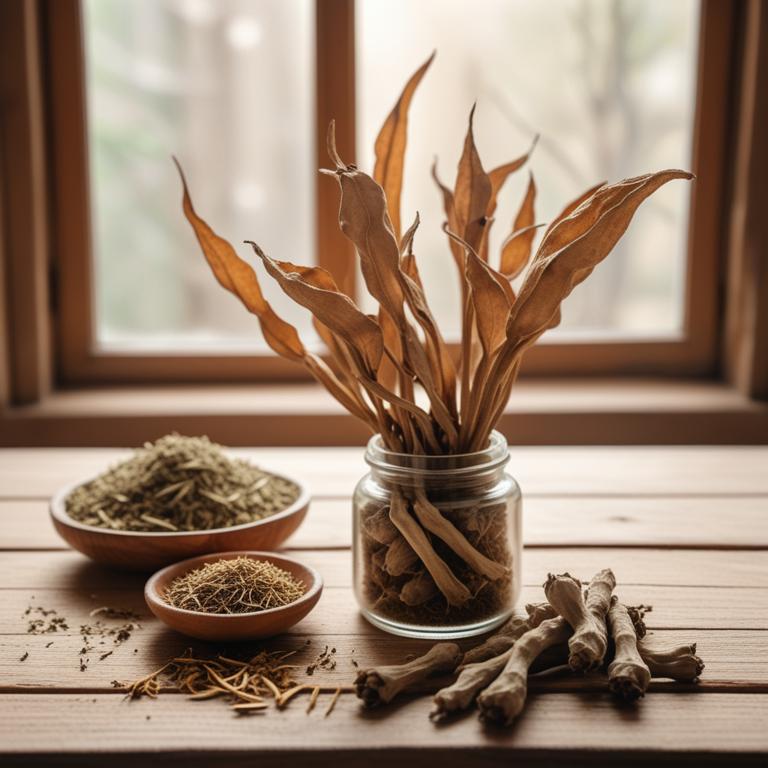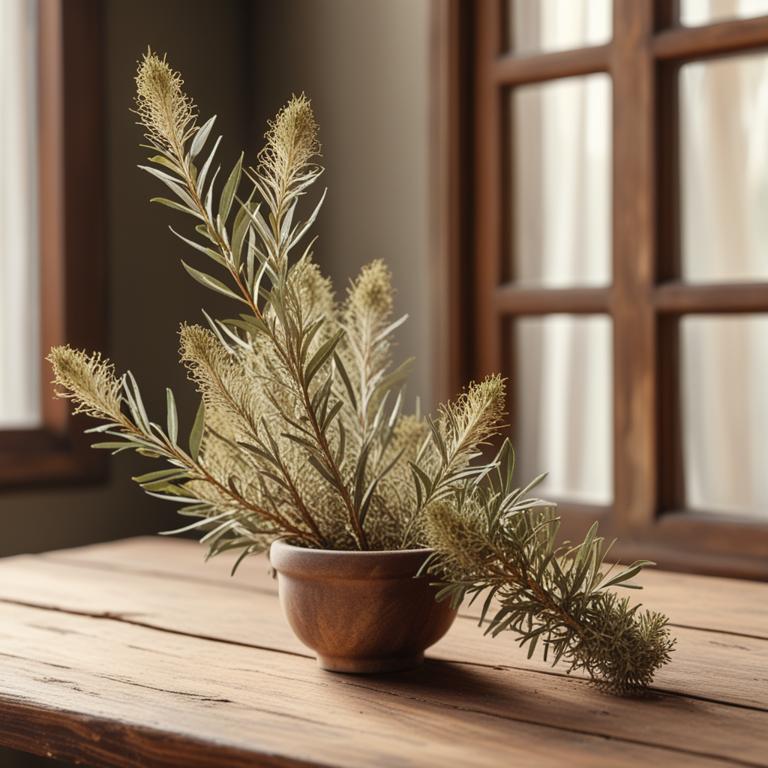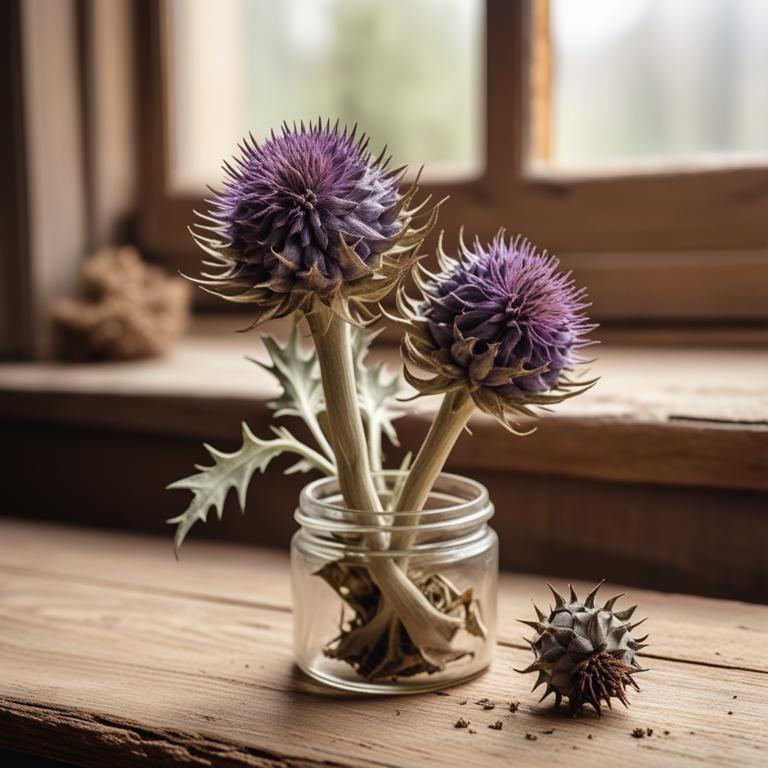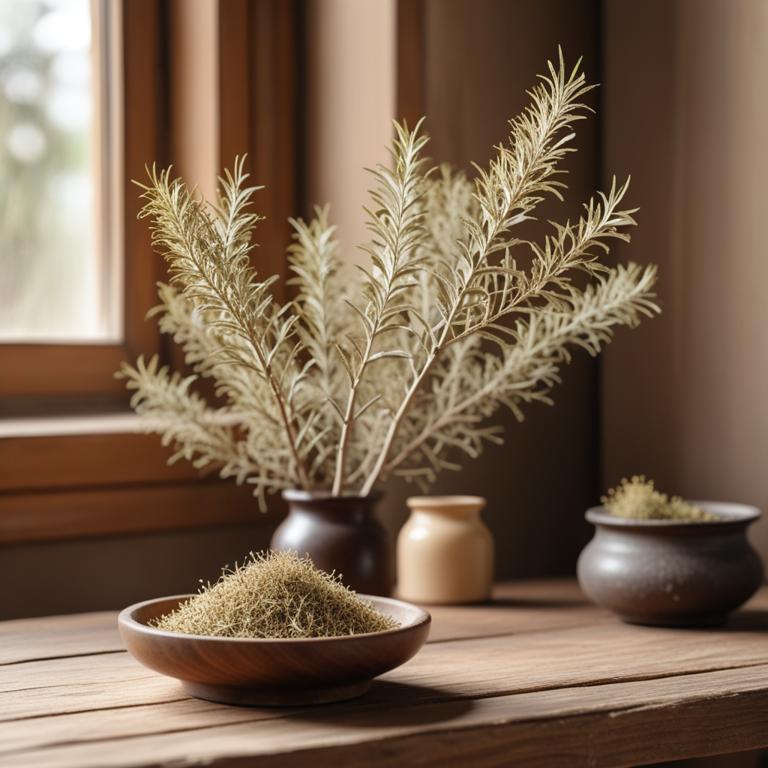Updated: Dec 1, 2024
Understanding and Treating Oily Skin with Medicinal Herbs and Preparations

Oily skin is a condition where your skin produces too much oil, making it look greasy and shiny.
It can be frustrating, especially during hot summer days or when you have to wear makeup. Oily skin can lead to clogged pores, acne, and blackheads, which can affect your self-confidence and daily life. So, what causes oily skin?. It's often due to overactive sebaceous glands, hormonal imbalances, and genetics. Herbal remedies can help balance your skin's oil production and reduce acne.
Some of these healing herbs include aloe vera, chamomile, and tea tree oil. Aloe vera has anti-inflammatory properties that soothe and calm the skin, while chamomile has antiseptic properties that help reduce acne and prevent scarring. Tea tree oil, on the other hand, has antibacterial properties that fight off bacteria and fungi that cause acne. To use these herbs, you can try drinking herbal teas, such as aloe vera tea or chamomile tea, which can help balance your skin's oil production from the inside out. You can also apply aloe vera gel or tea tree oil directly to your skin to reduce acne and inflammation.
Additionally, you can use herbal face masks or creams that contain these herbs to give your skin an extra dose of healing and nourishment.
Table of Contents
- What are the causes of the problem known as oily skin?
- What benefits can be derived from using herbs for oily skin?
- What medicinal herbs are commonly used to manage oily skin?
- What are the herbal treatments that are typically used for oily skin?
- What herbs can cause problems for individuals with oily skin?
- FAQ
What are the causes of the problem known as oily skin?
The main causes of oily skin are a combination of factors that affect the skin's ability to regulate its oil production.
Genetics play a significant role, as people with a family history of oily skin are more likely to experience it themselves. This is because their skin may be more sensitive to hormones, which can stimulate oil production. Speaking of hormones, hormonal imbalance is another major cause of oily skin.
During puberty, the onset of menstruation, and menopause, hormonal fluctuations can trigger the sebaceous glands to produce more oil. This excess oil can lead to clogged pores, which can further exacerbate the problem. Product buildup is also a significant contributor to oily skin, as using heavy or comedogenic products can clog pores and cause the skin to produce even more oil.
Finally, clogged pores themselves can cause oily skin, as they trap oil and bacteria, leading to inflammation and more oil production.
What benefits can be derived from using herbs for oily skin?
Using herbs for oily skin can be a great way to balance your skin's natural oil production.
One of the main benefits is that herbs can help to reduce the appearance of pores, giving your skin a smoother and more even tone. They can also help to control oil production, keeping your skin from feeling greasy and shiny.
Many herbs have antiseptic properties, which can help to prevent acne and other skin problems. Some herbs are also rich in antioxidants, which can help to protect your skin from damage caused by free radicals.
By using herbs on your oily skin, you can help to keep it healthy and balanced, reducing the need for harsh chemicals and products.
What medicinal herbs are commonly used to manage oily skin?
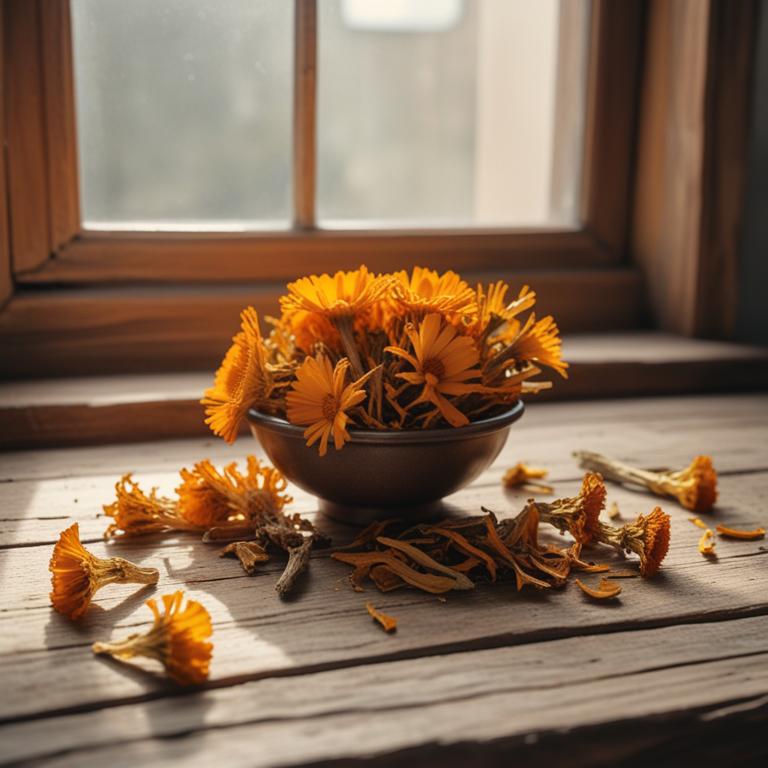
Herbs can be a great way to help with oily skin.
One herb that's often used is Calendula officinalis, also known as marigold. It has anti-inflammatory properties that can help reduce redness and irritation in the skin. It also has antiseptic properties that can help kill bacteria that can clog pores and make oily skin worse. Another herb that's often used for oily skin is Melaleuca alternifolia, also known as tea tree oil. It's got antibacterial properties that can help control acne-causing bacteria, and it can also help reduce inflammation and redness. This can be especially helpful for people who get blackheads or whiteheads on their skin. Aloe barbadensis, or aloe vera, is another popular herb for skin care. It's got anti-inflammatory properties that can help soothe and calm irritated skin.
It can also help lock in moisture, which is important for oily skin because it can get dry and flaky if it's not taken care of. Lavandula angustifolia, or lavender, is an herb that's often used for its calming properties. It can help reduce stress and anxiety, which can sometimes contribute to oily skin. It can also help regulate oil production in the skin, which can be especially helpful for people who get oily skin on their forehead or nose. Finally, Rosmarinus officinalis, or rosemary, is an herb that's often used for its antiseptic and anti-inflammatory properties. It can help kill bacteria that can clog pores and make oily skin worse, and it can also help reduce inflammation and redness. It's often used in combination with other herbs to help regulate oil production and improve skin texture. These herbs can be used in a variety of ways, such as applying them topically to the skin or drinking them as a tea.
They can be especially helpful for people who struggle with oily skin, as they can help regulate oil production and improve skin texture.
What are the herbal treatments that are typically used for oily skin?
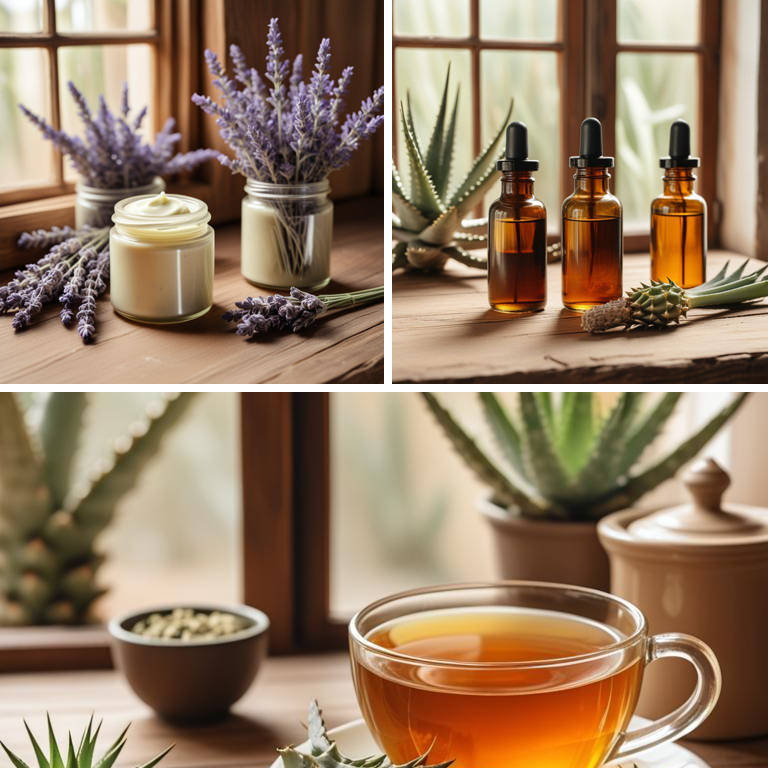
Herbal preparations can be really helpful for oily skin.
A decoction is a liquid solution made by boiling herbs in water, which can help to balance the skin's natural oils. For example, a decoction of neem leaves can reduce inflammation and prevent clogged pores. A cream made from herbs like aloe vera or green tea can provide long-lasting hydration without clogging pores. This is because creams are usually non-greasy and easily absorbed into the skin. They can also contain other beneficial ingredients like antioxidants and soothing agents.
Herbal tinctures are concentrated liquid extracts that can be added to skincare products or applied directly to the skin. A tincture of tea tree oil, for instance, has antibacterial properties that can help to control acne and reduce the appearance of pores. Drinking herbal tea, like peppermint or chamomile, can also have a positive effect on oily skin. These teas can help to calm the skin and reduce inflammation, which can lead to a reduction in oil production. Lastly, a gel made from herbs like witch hazel or licorice root can help to regulate the skin's natural pH balance and reduce oil production.
Gels are usually lightweight and non-greasy, making them an excellent choice for oily skin.
Additional Resources:
What herbs can cause problems for individuals with oily skin?
If you have oily skin, it's best to use herbs with care.
Cymbopogon citratus, also known as lemongrass, can be drying at times, but its oil may actually make oily skin worse. This is because it can stimulate the skin's natural oil production, leading to even more oiliness. Cinnamomum camphora, or camphor, is not good for oily skin either. Its oil can dry out the skin, but when combined with the skin's natural moisture, it can cause the pores to become clogged, leading to more oil and acne.
Santalum album, or sandalwood, has been known to cause skin irritation in some people, and oily skin can be more prone to irritation. This herb's oil can also be comedogenic, meaning it can clog pores and make oily skin even oilier. Eucalyptus globulus is often used in skincare products to help control oil production, but its oil can be too harsh for oily skin. It can strip the skin of its natural moisture, leading to dryness and irritation. Salvia officinalis, or sage, can be drying and astringent, which is not ideal for oily skin.
Its oil can tighten the skin's pores, but in oily skin, this can cause the skin to produce even more oil to compensate.
FAQ
Are there any specific herbs that can prevent oily skin?
Some herbs, like neem and aloe vera, have properties that help control oily skin.
Neem reduces oil production by slowing down the skin's natural processes, while aloe vera soothes and calms the skin, reducing inflammation that can cause excess oil.
These herbs can be used topically in the form of creams or gels.
Is it safe to use herbal remedies for oily skin during pregnancy?
When using herbal remedies for oily skin during pregnancy, it's best to be cautious.
Some herbs can stimulate the uterus or cause bleeding, which isn't safe for a pregnant woman. Others may interact with medications or worsen skin conditions.
It's a good idea to learn about the potential risks and effects of each herb before using it.
Are there any herbs that can reduce the frequency of oily skin?
Some herbs, like licorice root and saw palmetto, may help reduce the frequency of oily skin.
These herbs have properties that can balance hormones and regulate oil production in the skin.
Tea tree oil, which is often used in skincare products, also has antibacterial properties that can help control acne and oil buildup.
Can i combine different herbal remedies for oily skin?
Yes, you can combine different herbal remedies for oily skin, but use them in moderation.
For example, you could use tea tree oil, which has antibacterial properties, with aloe vera, which soothes and calms the skin.
Be sure to patch test any new remedies on a small area before applying them to your face.
Related Articles
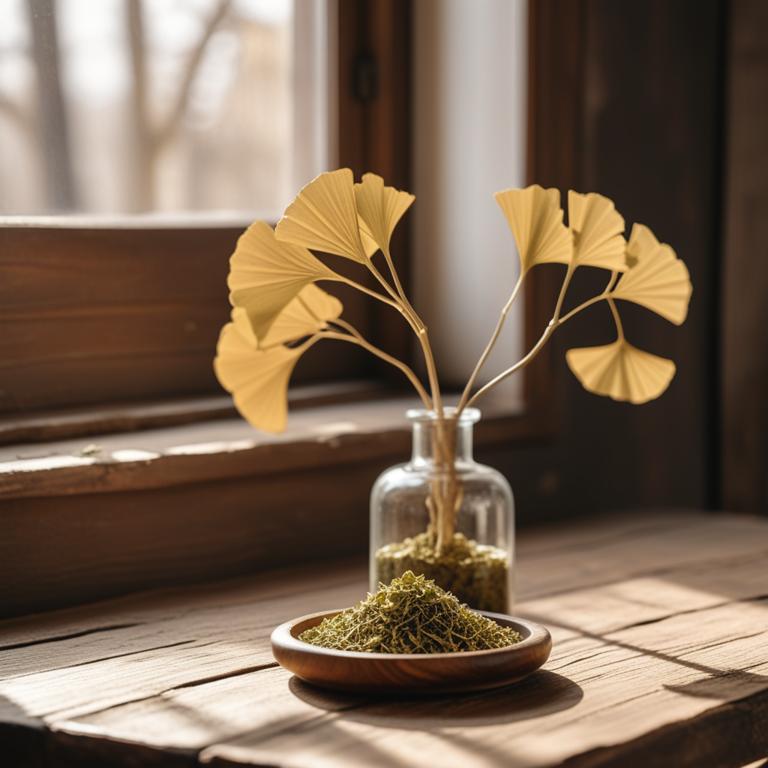
Dark Circles: Causes and Herbal Remedies for a Refreshed Look
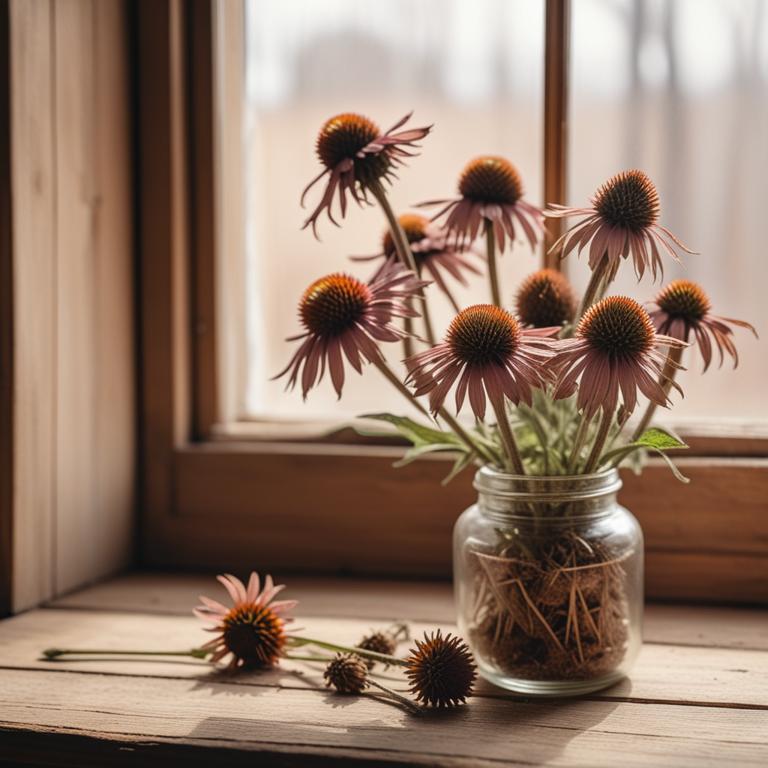
Gum Swelling: Natural Causes and Medicinal Herbs for Treatment
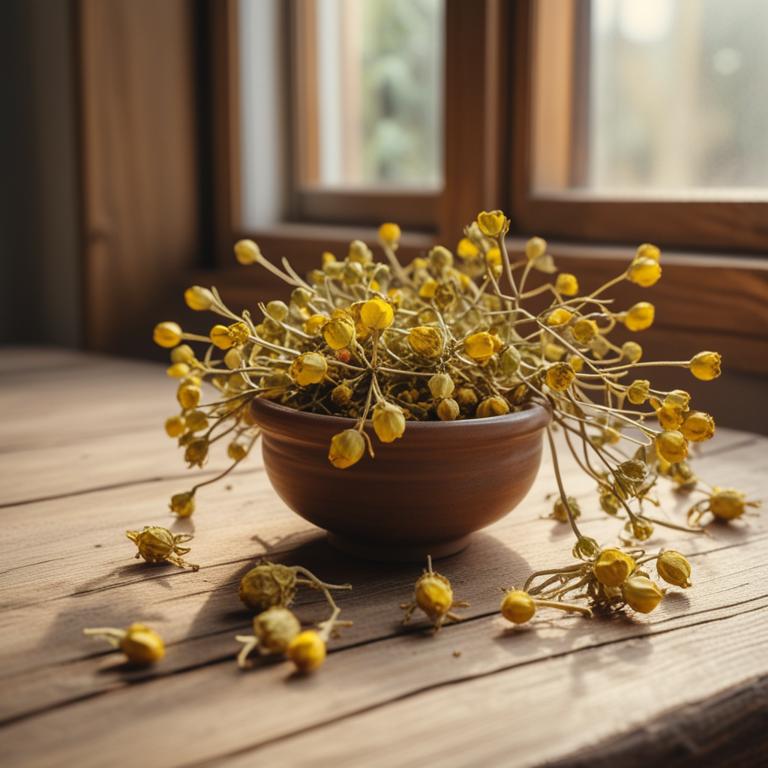
Bee Sting Natural Relief: Causes, Herbal Remedies, and Home Care
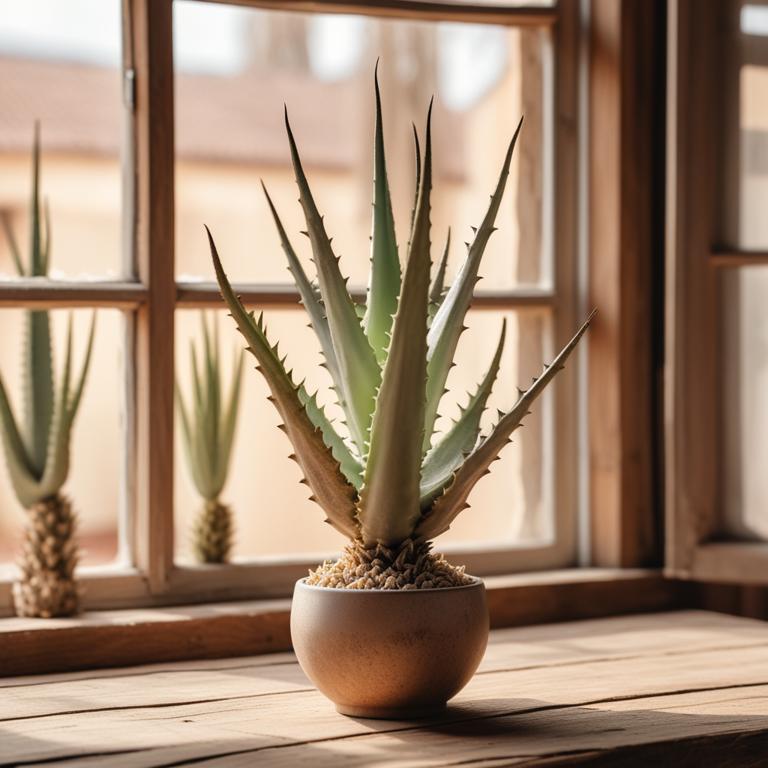
Causes and Remedies of Burning Feet: Medicinal Herbs and Herbal Preparations
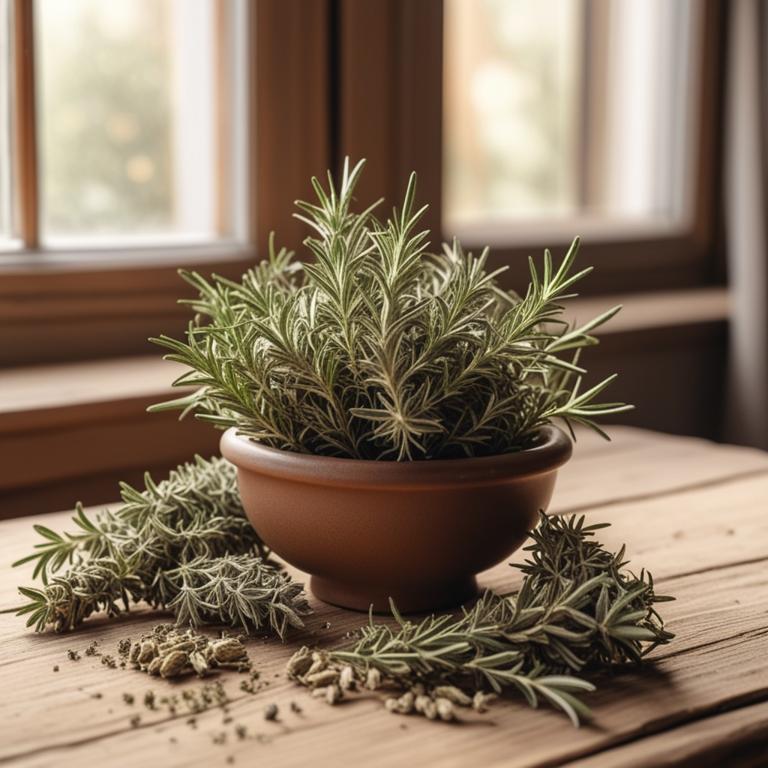
Causes and Treatments for Itchy Scalp Using Medicinal Herbs
